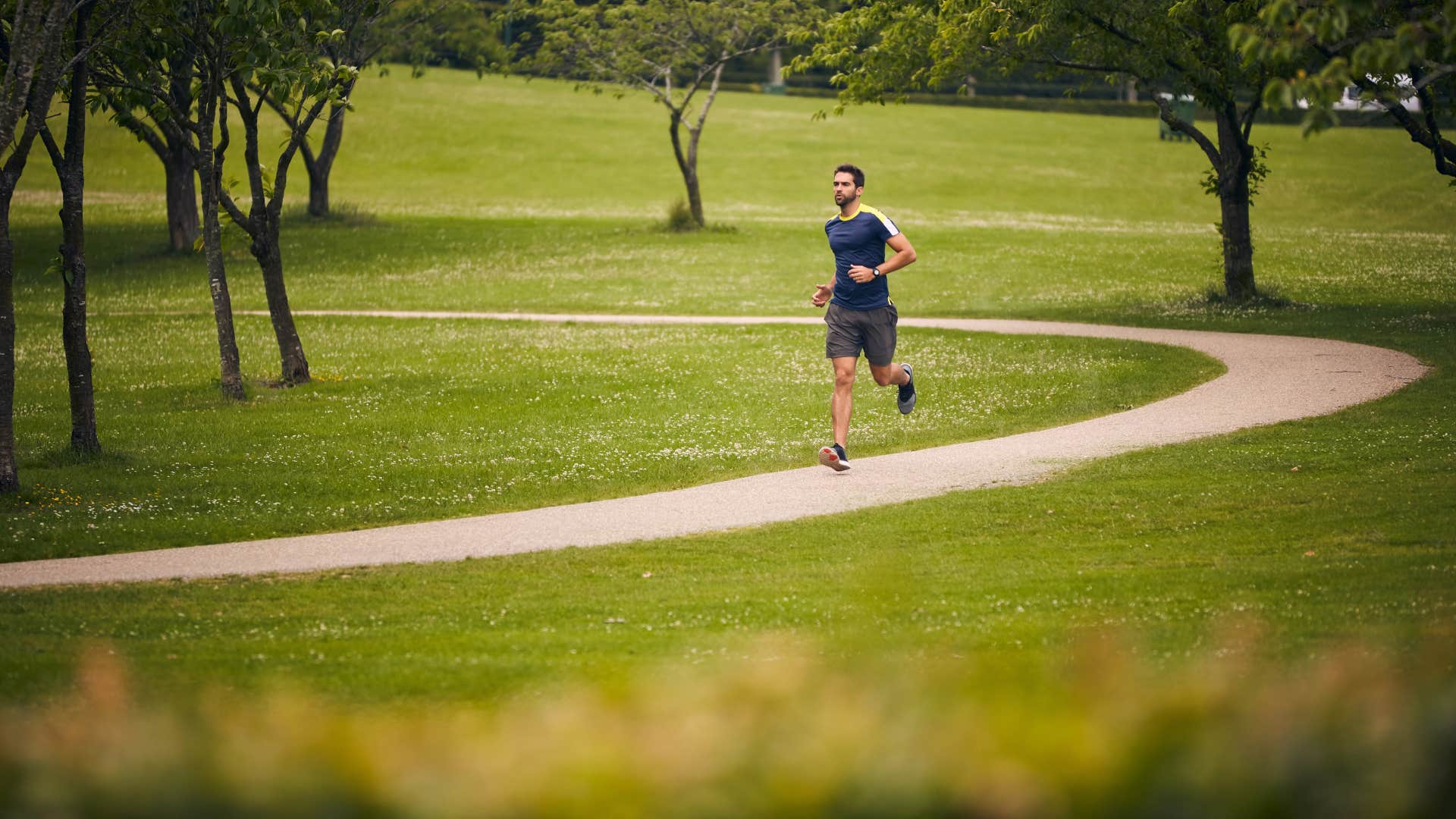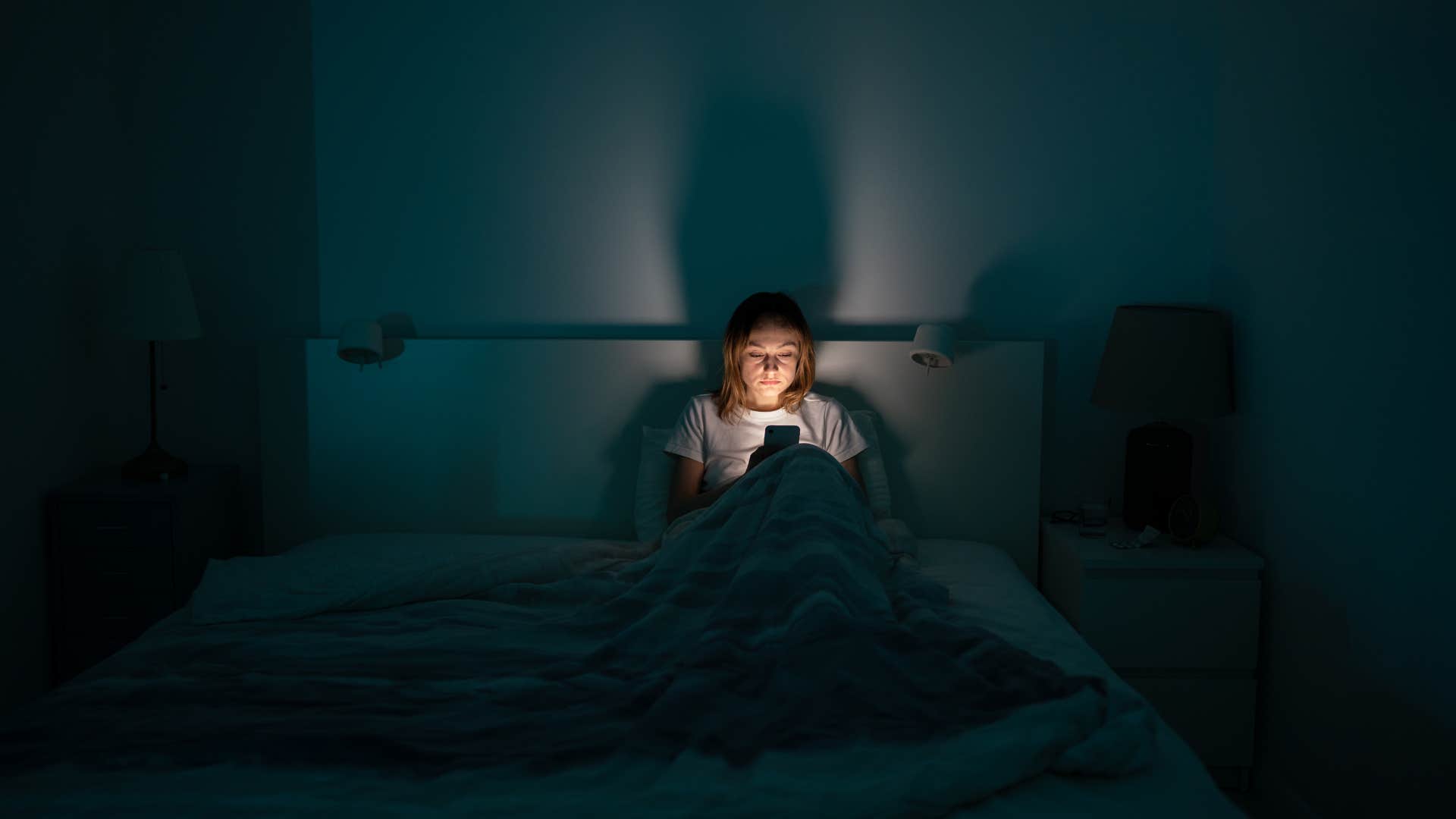6 'Normal' Habits That Can Slowly Ruin Nice People’s Lives
They seem healthy on the surface, but these habits can lead to bad things.
 Adrienn | Pexels
Adrienn | Pexels We’ve been trained to believe that the only problematic habits out there are the ones that will first make a fool of us and then destroy us on the spot. We fail to see that there are so many others ruining our lives us softly, ingrained in society’s expectations, pushed on us by peers, friends, family, and especially an industry whose only interest is to take our money, no matter the consequences.
We imagine that the only real habits are the ones that will send you to the street, but most of us don’t make it that far. For the majority of us, the most severe habits are the 'good' ones — the ones that keep us stuck in our ways, slowly but surely eroding our mental and emotional health, turning us into brain-dead followers of our next fix.
These 'normal' habits can ruin our lives much deeper than the big, scary kings of habits, and just because they’re not scary, we invite them into our lives. We make them part of our day-to-day routines. Use them to soothe us to sleep or wake us up to a harsh reality. We allow them to become bigger than we could ever handle. And we make them into a lifestyle.
Here are six 'normal' habits that can slowly ruin nice people's lives:
1. Bad food
 Stock-Asso / Shutterstock
Stock-Asso / Shutterstock
Maybe the biggest socially acceptable habit out there, food is a $5 trillion industry, while diet and weight loss have grown to be a $71 billion industry, yet according to studies, 95% of diets fail.
However, when you research food habits, at least 70% of the results you get are musings on whether food is a bad habit or not. What a bunch of baloney, written by someone who hasn’t experienced a moment of overwhelming food noise.
Bad food habits run deep, ruin lives, create debilitating diseases, and are extremely difficult to get rid of. And that’s because we are constantly bombarded with everything related to food.
Look around. Everything is about food: how enjoyable it is, how much pleasure you can derive from it, and how to use it to form social connections, or as emotional support when we’re lonely.
Umami, savory, yummy, delicious, drenched in flavor. The key message is to gain pleasure from food. And we are. Food is connected to every social event, pushed on you at every gathering, celebrated as the spice of life, and accompanies everything you go through. And unlike other habits, food is necessary. Which makes it so difficult to keep under control.
I think I just healed my food habits in the past few months, but I’m also aware that any habit is always present in the background, lurking in the shadows, waiting to rear its ugly head and pull you back in.
2. Alcohol
 fizkes / Shutterstock
fizkes / Shutterstock
Peer pressure is strong on this one. You’d think everybody knows alcohol is bad for you, but from the way your friends are behaving, it might just be the next best thing after money, because everybody is pushing it on you.
'You’re not drinking anything? At least have a glass, it’s my birthday!’, ‘What kind of a person goes out to a club and drinks water all night long?’, ‘Just have a sip, it won’t hurt you!’, ‘Are you ill?’
No, and I don’t want to be.
Although I didn’t drink very often to begin with, last year I tried going completely sober for about two months. My friends were not happy. The amount of evil eye I got during those two months was enough to murder an entire town and drown their crops. In alcohol, if possible.
People will try to pressure you into doing whatever it is they’re doing, whether good or bad. If alcohol is the thing that people do when they go out, it’s unacceptable for you to do something else.
While a glass here and there is no big deal, being intoxicated every Saturday night and spending Sunday in bed severely hungover is damaging to your long-term well-being and is such a waste of your free day. Why be half dead when you can be all the way alive?
3. Caffeine
 WeAre / Shutterstock
WeAre / Shutterstock
'Don’t talk to me, I haven’t had my coffee yet’, or ‘I need coffee to be able to get out of bed’ have become acceptable parts of a dialogue about … well, a drug that was initially a one time thing that turned into a habit and now you’re doing it on automated pilot and imagine you can’t live without.
While it’s true that coffee can also be healthy for you, there can be too much of a good thing. Harvard University research says that:
Low to moderate doses of caffeine (50–300 mg) may cause increased alertness, energy, and ability to concentrate, while higher doses may have negative effects such as anxiety, restlessness, insomnia, and increased heart rate. Espresso, for example, typically has 63 mg of caffeine in 1 ounce (the amount in one shot).
I know at least ten people who drink five of those a day. They’re always hyper, always on the edge, sort of fidgety-angry, and use coffee as their life support. If there were coffee IV lines available in the office, they’d be the first to pull one next to their desk and put the needle in.
What’s more concerning is that this popular soft drug is being pushed on people on a massive scale. Never before have I seen so many coffee shops, coffee drinks, coffee T-shirts, logos, brands, flavors, etc.
There’s a huge coffee culture out there that has made the pushing of coffee on people not just acceptable, but mainstream and even expected. A culture that has only one beneficiary: coffee makers.
4. Overworking
 Ground Picture / Shutterstock
Ground Picture / Shutterstock
One of the most normalized habits out there that a lot of people have turned into a lifestyle. Those people are called workaholics and are proud of themselves and their achievements.
And they usually have major achievements. I don’t know any successful person who isn’t also a workaholic and an overachiever. No judgment here, I’d be just as proud, and I did have my moments (read years) of workaholism. And while on the one hand, the results on the work front are amazing, on the personal life front … they’re the opposite.
When you put your work before your family, your family suffers. You end up divorced and alone in a huge, lonely house with an Olympic-size swimming pool that nobody ever swims in. Because there’s nobody there. Not even you, because you’re always at work.
The sad truth is that financial and career success is pushed so far down people’s throats as the only right way to be, that it’s difficult to look at work for what it is: a bad habit. It’s difficult to say no to it when you know it might bring you just the things you’ve been dreaming about.
5. Exercise
 Yuri A / Shutterstock
Yuri A / Shutterstock
Just like work, exercise is a socially accepted habit because it promises to deliver realities that we want to experience. Work makes you rich, exercise makes you hot.
If you overdo it, however, over-exercising is bad for you in a myriad of ways: heart problems, osteoporosis, immune disease, inflammation, etc. Extreme exercise ruins everything that moderate exercise fixes.
Not to mention the toll it takes on your mental health and your life in general: waking up at 6 am to snort some protein powder and go for a 10-mile run through a radioactive blizzard can’t be good for anyone.
6. Social media
 DimaBerlin / Shutterstock
DimaBerlin / Shutterstock
My newfound habit with social media is what prompted this. Last night I spent an hour watching people on Instagram reels burst open huge balloons with a variety of tools, the funniest one being when they started throwing screws at them.
Yeah, I know. It was stupid. And hilarious. I laughed until my stomach hurt and then couldn’t fall asleep for one more hour.
That gave me the time to reflect on my life, and I noticed I did the same thing with the reels every night for the past month. And even when I wanted to stop and do something more productive, I couldn’t. I just couldn’t.
Even when the Instagram reels were not that great or entertaining anymore, I just couldn’t put the phone down. All I wanted to do was watch more reels.
On the big scale of things, a habit is a habit, no matter what the object of your desire is. Some will break you slower, others faster, but they will all make you lose your money, your head, and your health. All the more when they are normalized and seen as just another part of life.
Mona Lazar is a writer and unconventional relationship coach with words published in Better Humans, Medium, Illumination, The Soulciety, Newsbreak, The Startup, Hello, Love, The Good Men Project, Curious, and others.

